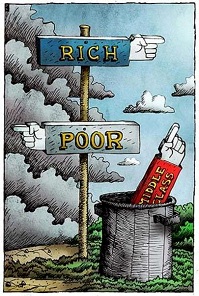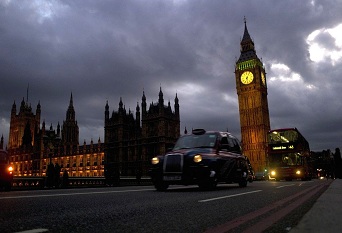Heading to Mediocrity for the Many
Would Einstein and Newton have made good teachers of physics and mathematics in a school? I very much doubt it. Being an expert in a particular subject does not necessarily mean you are able to teach it to a class of teenagers; obvious really, but not to Britain’s Education Secretary apparently.
The decision by Michael Gove, the Education Secretary, that Academies - semi-independent state schools that receive funding directly from the government rather than through a local authority - can appoint teachers without formal teaching qualifications - “qualified teacher status” (QTS) - was characterized by the Department of Education as no big deal, and that most teachers will continue to have QTS qualifications.
But how long will this remain the case? Presumably, the Education Secretary believes that formal teaching qualifications make no difference to the quality of teaching in the classroom. That being the case why, then, should anyone bother with it in the future?
Academies currently form the majority of secondary schools in England, and with this change the number of qualified teachers will surely dwindle, and before long the majority will be unqualified. School governing bodies and heads will come under increasing pressure to appoint unqualified teachers to save money.


































